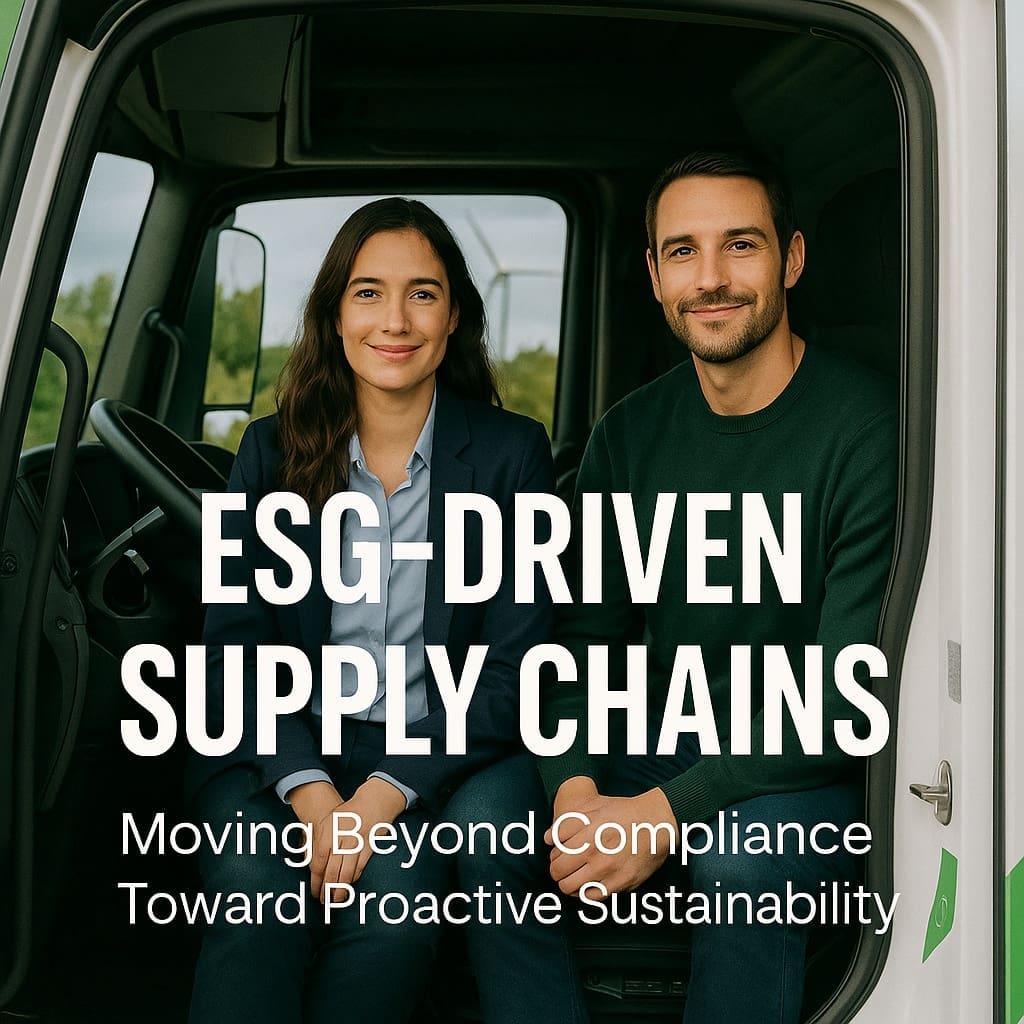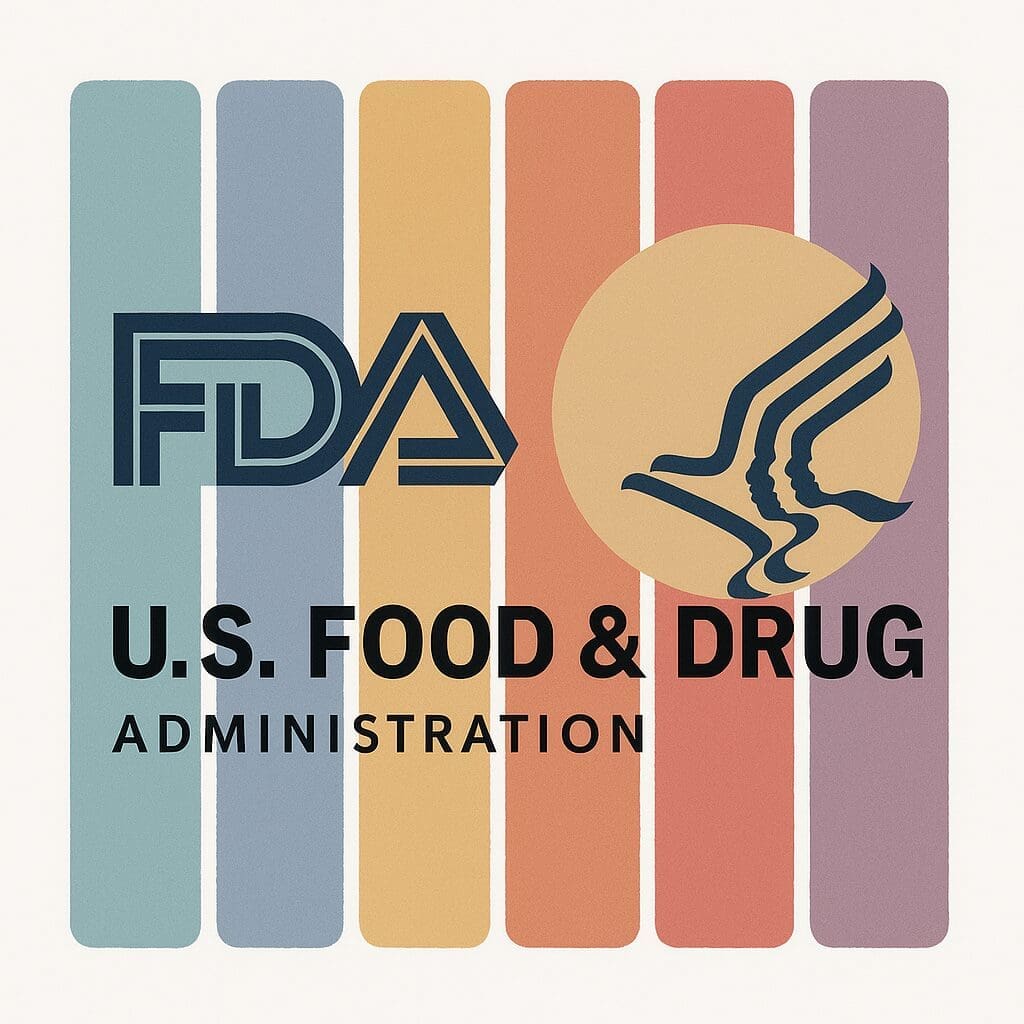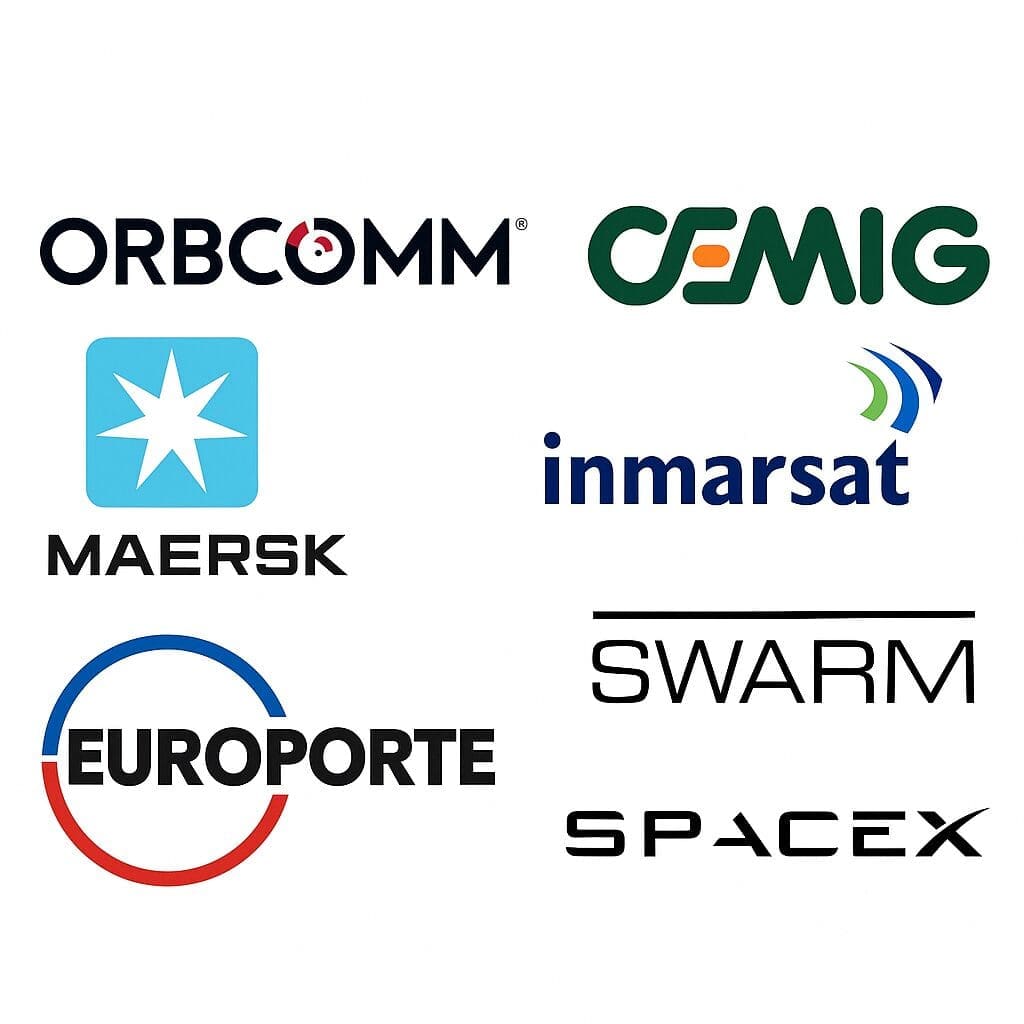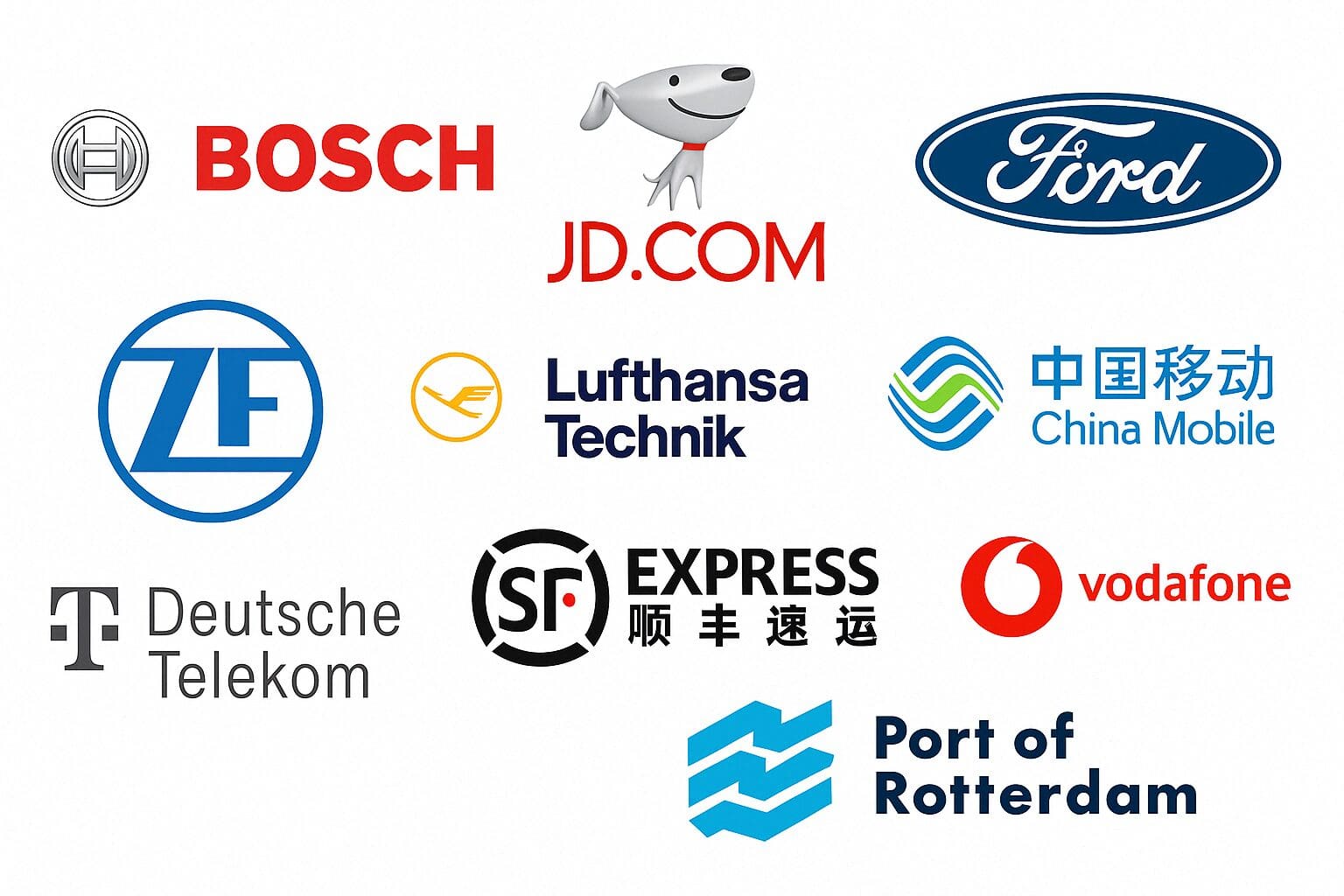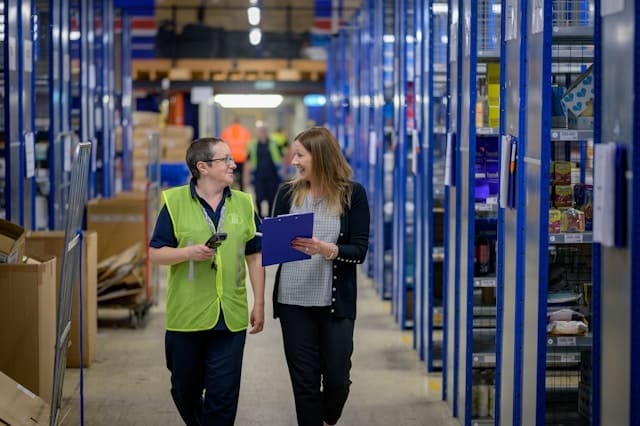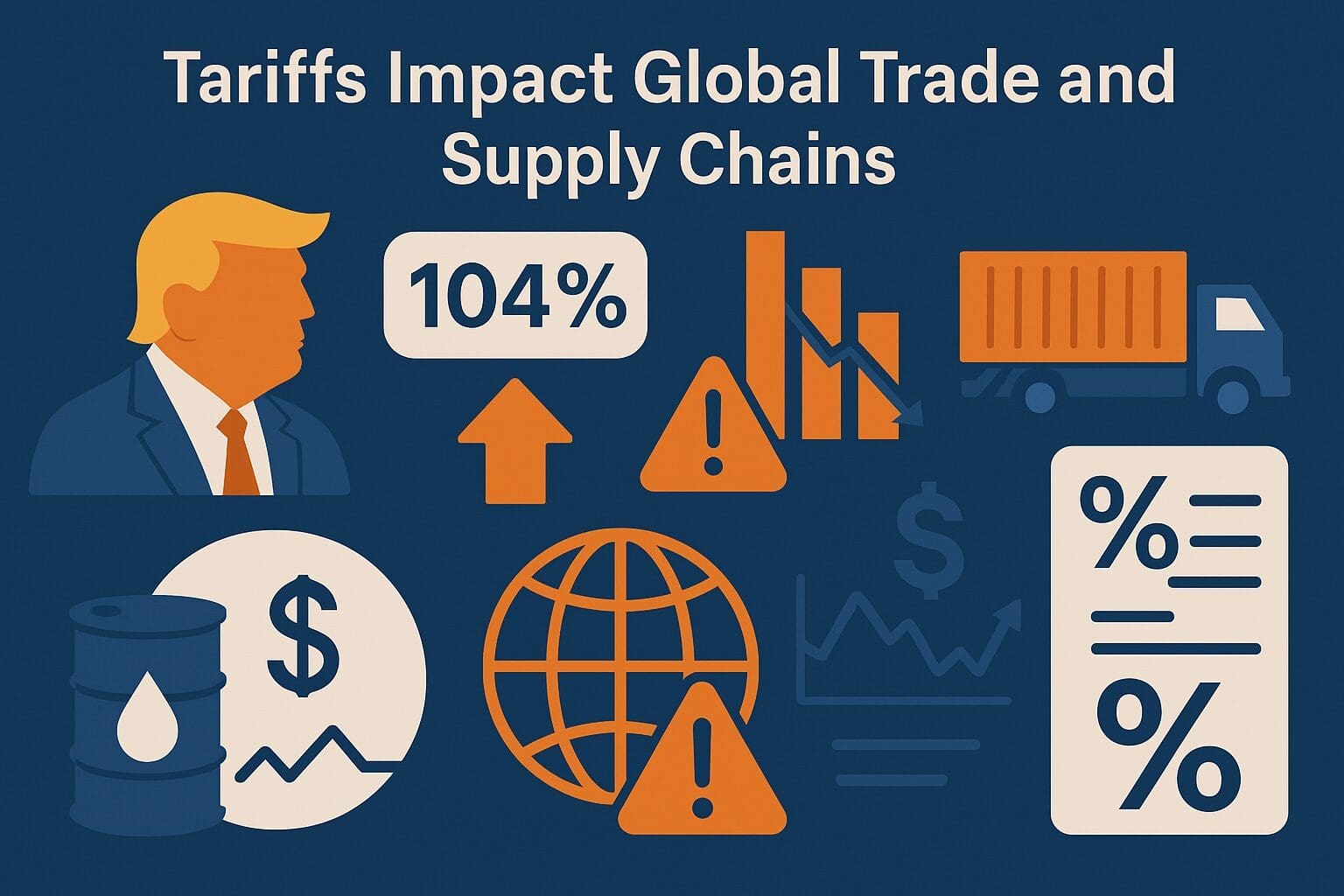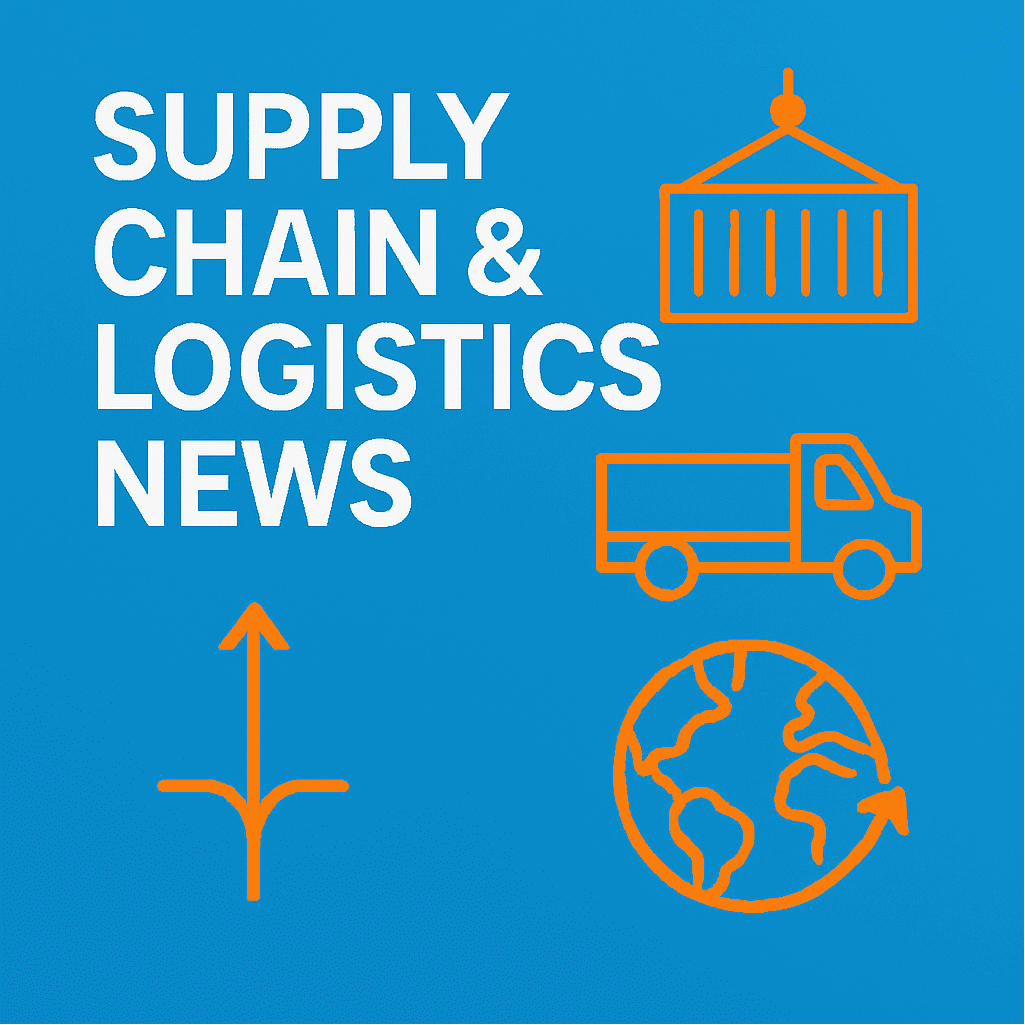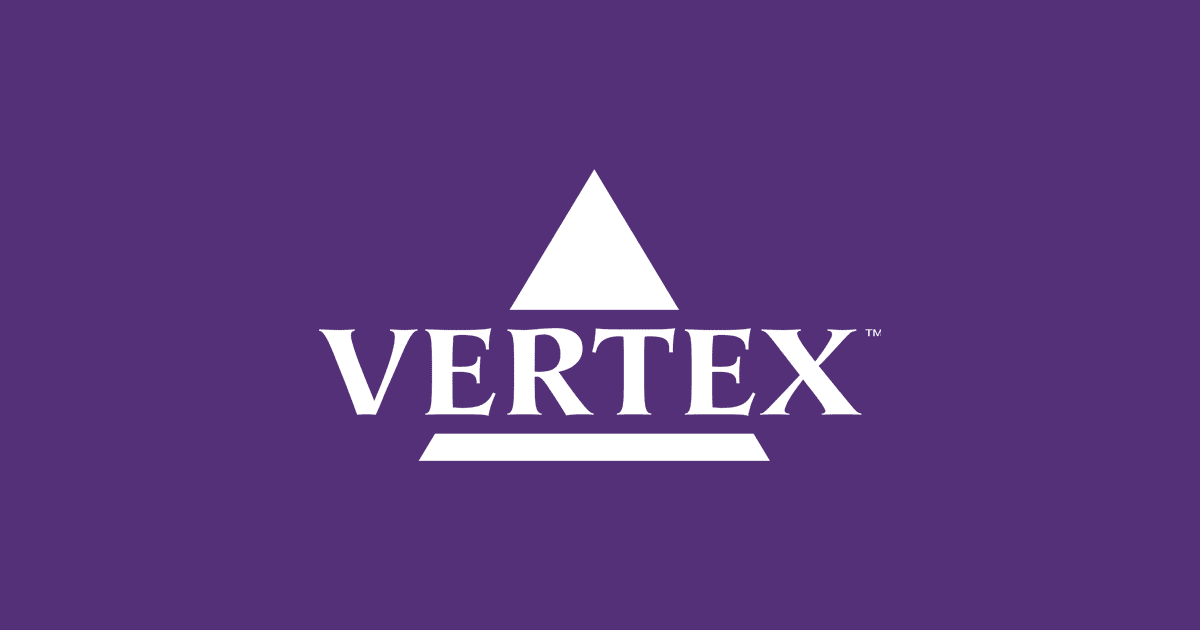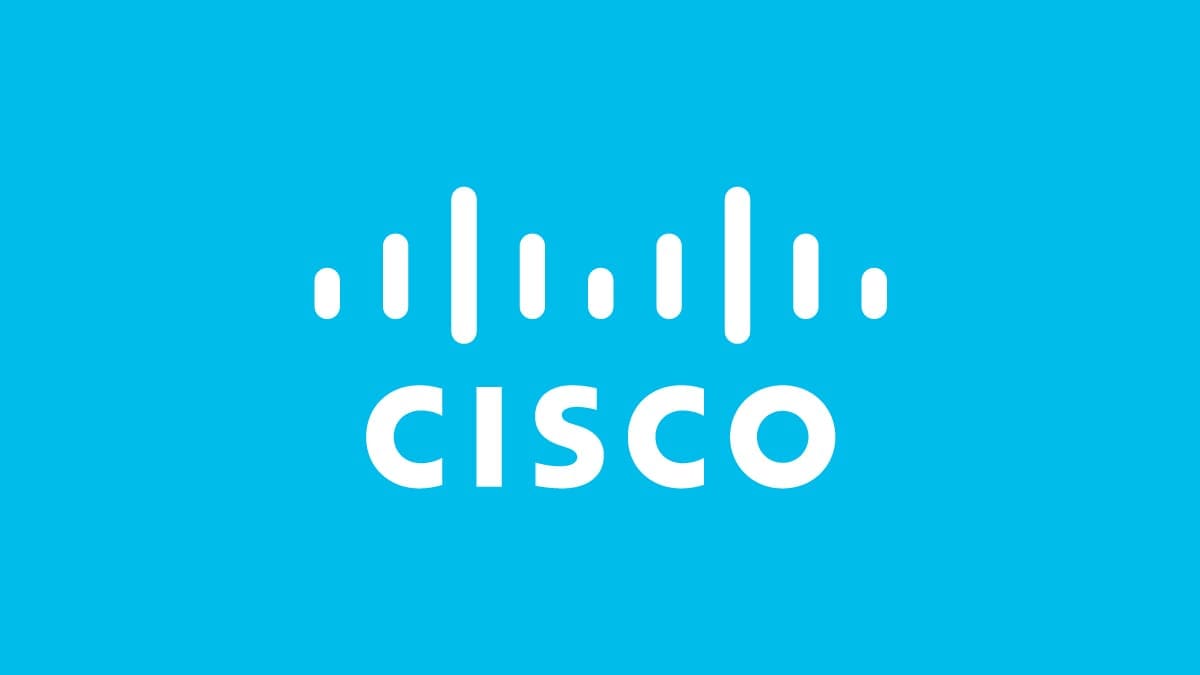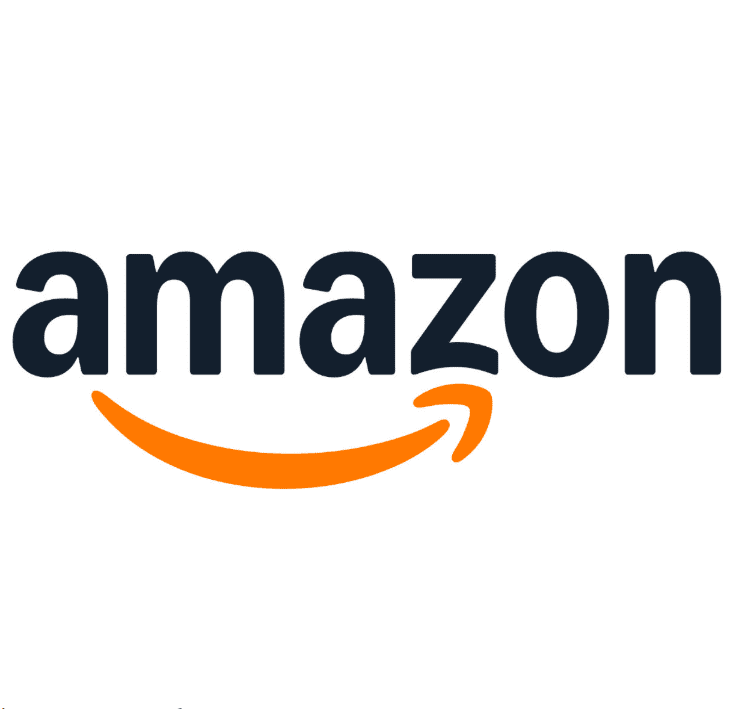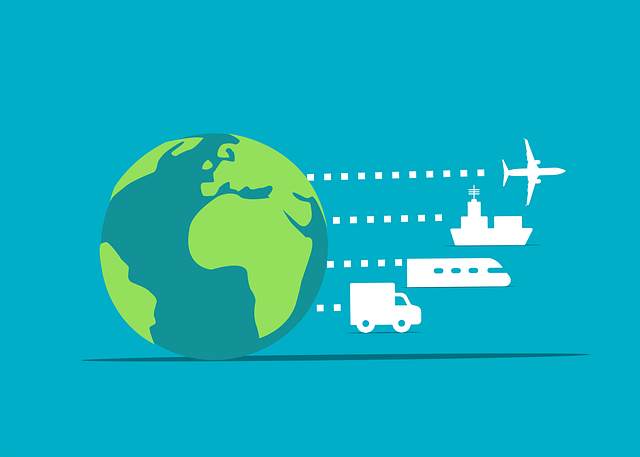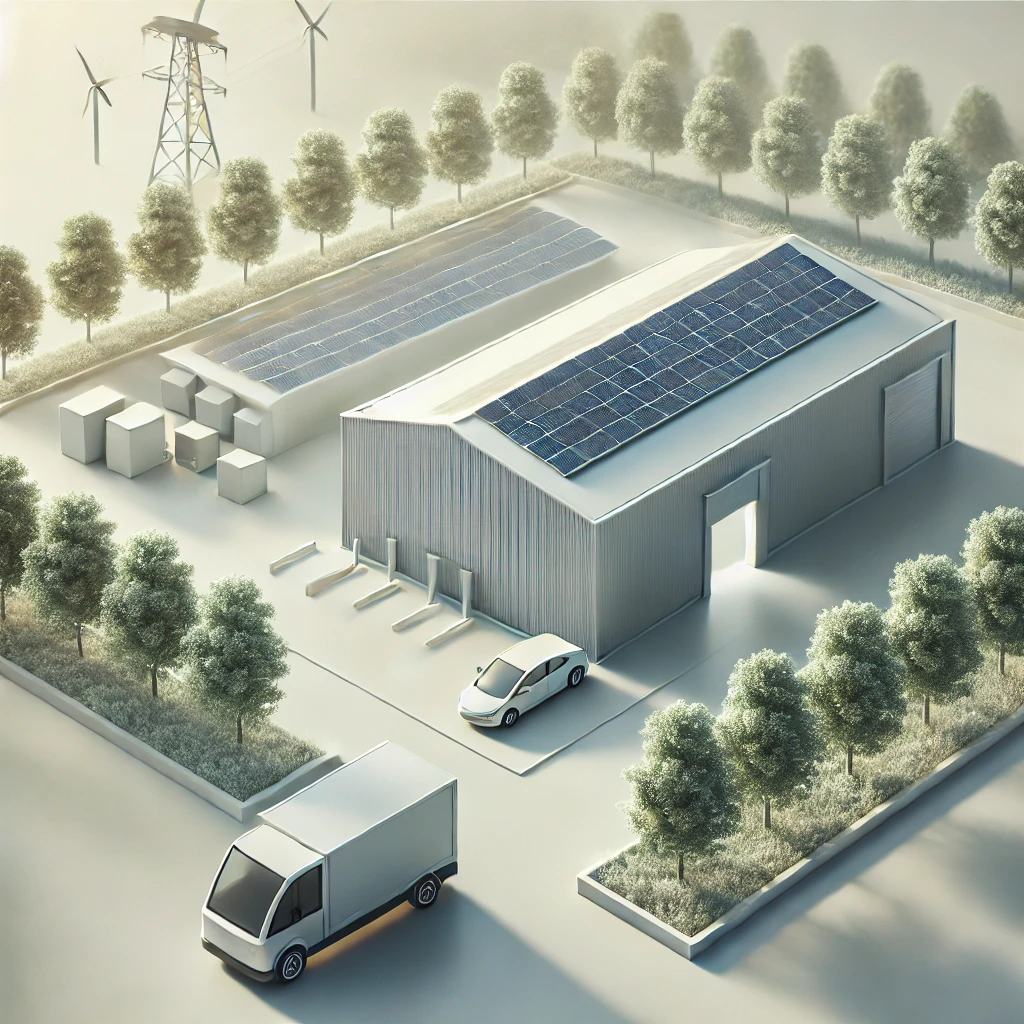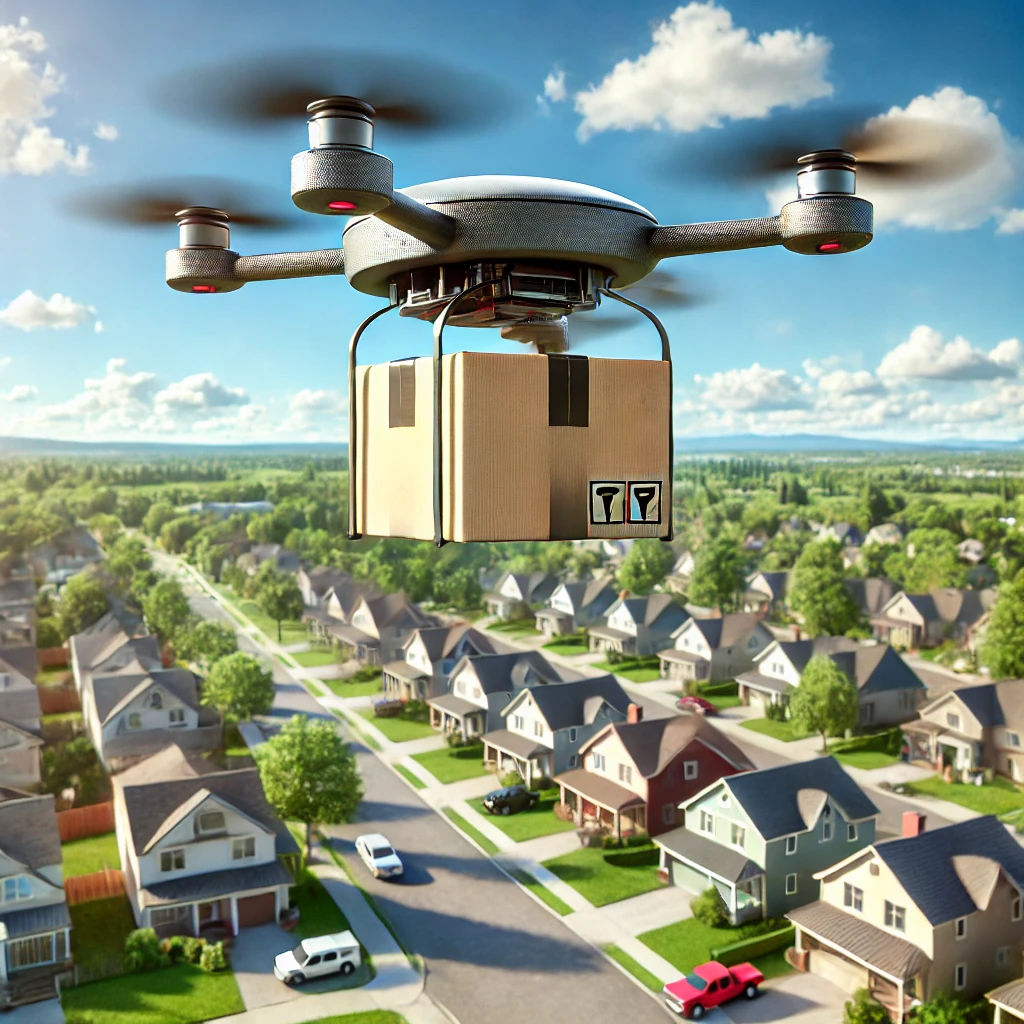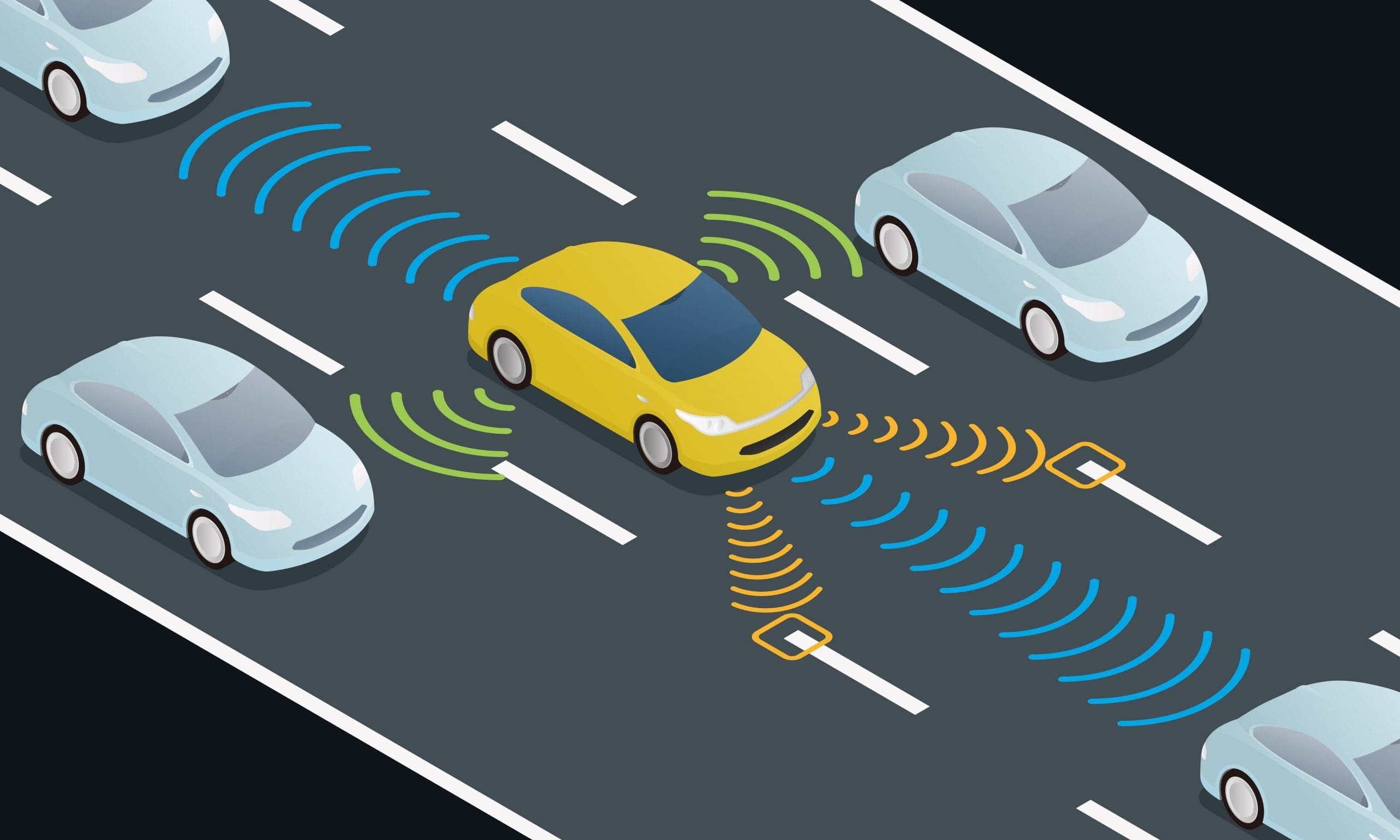Supply chain sustainability is increasingly important for companies facing expectations from investors, regulators, customers, and employees. While past efforts focused on meeting compliance requirements, organizations are now working to proactively embed environmental, social, and governance (ESG) principles into their sourcing, production, and distribution activities. Integrating ESG across supply chains presents clear operational and strategic challenges […]
As logistics networks become increasingly complex, the volume of real-time data generated by devices, equipment, vehicles, and facilities is growing rapidly. Traditional cloud-centric architectures, which depend on centralized processing, may not meet speed and / or reliability goals needed to support operational needs at scale. Edge computing — processing data locally, near the source — […]
Yesterday April 4 2025, the U.S. Food and Drug Administration (FDA), in collaboration with the Department of Health and Human Services (HHS), announced a plan to phase out eight petroleum-based synthetic food dyes from the U.S. food supply by the end of 2026. The affected dyes include Red No. 3, Red No. 40, Yellow Nos. […]
The global freight sector faces growing pressure to balance cost-efficiency with environmental responsibility. With freight transport accounting for a significant share of global emissions, efforts to improve logistics now extend beyond operational metrics to include resilience, regulatory compliance, and climate performance. This shift reflects a broader transition toward data-driven, performance-based management of freight networks. As […]
As global supply chains expand into remote and underserved regions, traditional connectivity solutions often fall short. Cellular and terrestrial communication networks lack the reach needed to consistently monitor assets in transit across oceans, deserts, and sparsely populated areas. This visibility gap exposes supply chains to a range of risks, including delays, spoilage, theft, and compliance […]
As supply chain professionals continue to navigate disruption, digitization, and increasing complexity, having fast access to relevant, high-quality insights is critical. The Logistics Viewpoints archive has grown into a resource that supports exactly that — a curated collection of category-based content that reflects both foundational principles and emerging trends across the logistics landscape. A Practical, […]
5G networks significantly improve data transmission speed, latency, and device connectivity, revolutionizing supply chain operations. These advancements enable real-time tracking and monitoring, enhance automated systems, and support a larger number of connected devices. The low latency of 5G allows for immediate response to any issues, ensuring smooth and efficient operations. Additionally, the high device connectivity […]
The adoption of AI in supply chain automation is enabling companies to make more accurate decisions, reduce cycle times, and better manage complexity. From sourcing and bid evaluation to warehouse slotting and dynamic routing, AI tools support faster and more consistent outcomes by processing large volumes of operational data and identifying patterns that human decision-makers […]
For years, supply chains were engineered to be lean. Reducing cost was the primary objective, and most operational decisions—from sourcing to fulfillment—reflected that mindset. But today’s global environment is more unstable than it was a decade ago. Lean models alone are no longer sufficient. Recent years have brought a series of disruptions that exposed vulnerabilities […]
In a significant escalation of trade tensions, President Donald Trump’s newly implemented tariffs took full effect just after midnight Eastern Time, sending immediate ripples through financial markets and global supply chains. Key Developments in the Last 24 Hours: Tariffs Now Active – Up to 104% on Key Imports The U.S. has officially imposed massive “reciprocal” […]
Digital twins are emerging as digital transformation accelerators for supply chain and logistics organizations seeking enterprise-level visibility, real-time scenario modeling, and operational agility under disruption. These virtual replicas of physical assets, processes, or systems allow leaders to simulate, analyze, and optimize real-world performance—without incurring real-world risks. For logistics professionals, this translates to smarter warehouse layouts, […]
Welcome to this week’s edition of Supply Chain & Logistics News! In this issue, we delve into some of the most pressing topics and innovative solutions shaping the industry today. From Volkswagen and Maersk’s groundbreaking “Cars in Containers” initiative to Vertex Pharmaceuticals’ human-centric digital strategy, and the implications of the latest tariff announcements on global […]
As vehicle exports from Mexico to North America surged, Volkswagen Mexico found itself confronting a significant supply chain crisis. Its long-established logistics model, built around rail and RoRo (Roll-on/Roll-off) shipping, could no longer keep pace. Capacity shortages, service unreliability, and inventory congestion threatened to disrupt VW’s production flow and delivery commitments to U.S. and Canadian […]
In the fast-evolving pharmaceutical industry, Vertex Pharmaceuticals stands out not only for its scientific breakthroughs but also for its human-centric approach to digital transformation. At the recent ARC Forum 2025, Rachelle Howard, Director of Manufacturing Systems Automation and Digital Strategy, showcased how Vertex strategically blends advanced technology with a strong people-focused culture to boost manufacturing […]
Yesterday afternoon, the Trump Administration formalized a broad package of tariff measures labeled as a “Declaration of Economic Independence.” The measures introduce both general and highly targeted tariffs, directly affecting global supply chains, cross-border logistics, and international trade flows. The policy includes universal tariffs, reciprocal tariffs, product-specific duties, and for the first time, the suspension […]
Global supply chains have been tested repeatedly by a series of disruptive events, including the COVID-19 pandemic, U.S.-China trade disputes, and natural disasters. Companies that previously prioritized cost-cutting and centralized sourcing quickly found themselves exposed to serious production and distribution risks. In response, many organizations have shifted toward decentralized and regionalized supply chain models, distributing […]
Supply chain disruptions have become a persistent operational risk. Geopolitical instability, extreme weather, labor shortages, and fluctuating consumer demand regularly impact global logistics. Traditional supply chain planning, which relies on historical data and reactive adjustments, is no longer adequate for managing these challenges. Artificial intelligence (AI) is reshaping supply chain operations by enabling predictive planning, […]
Why Transformation Is a Boardroom Priority Supply chain management is now a core strategic concern for business leaders. Recent disruptions have exposed significant vulnerabilities in traditional models, driven by geopolitical instability, fluctuating demand, and operational inefficiencies. Companies that fail to modernize face supply shortages, revenue loss, and regulatory risks. A data-driven, technology-enabled approach is required […]
Imagine a world where supply chains run with complete transparency, efficiency, and automation—where every transaction, shipment, and payment are executed seamlessly without intermediaries slowing things down. This is the promise of smart contracts, a blockchain-driven innovation that’s beginning to impact the global supply chain industry. For decades, supply chain management has encountered bureaucratic bottlenecks, inefficiencies, […]
The U.S. transportation sector is undergoing major policy changes following President Donald Trump’s return to office in 2025. His administration has reversed electric vehicle (EV) initiatives, reduced funding for transportation research, and removed several regulatory measures. These shifts mark a clear departure from the Biden administration’s approach and signal a new direction for mobility and […]
Today’s escalation of U.S. tariffs on imports from Canada, Mexico, and China is impacting global trade networks, affecting industries ranging from automotive and electronics to agriculture and energy. The 25% tariffs on Canadian and Mexican imports and 20% tariffs on Chinese goods are expected to increase production costs, disrupt logistics networks, and force companies to […]
Supply chains, which facilitate the movement of products from manufacturers to consumers, have historically encountered issues such as inefficiency, fraud, and a lack of transparency. Many businesses continue to use traditional tracking methods like paperwork or centralized databases, which can be slow, susceptible to manipulation, and challenging to verify across multiple entities. When records are […]
The Trump Administration’s executive order targeting imports from China, Mexico, and Canada has significantly impacted global supply chains. The order focuses on tightening the “de minimis” exemption, which previously allowed foreign e-commerce companies to ship numerous small packages to the U.S. without paying taxes. For logistics and supply chain companies, this change will have major […]
The Trump administration is considering 25% tariffs on imports from Canada and Mexico and 10% on goods from China to address trade imbalances and protect domestic industries. These tariffs will raise costs, disrupt supply chains, and force companies to rethink sourcing and logistics strategies. Businesses must act immediately to safeguard operations, contain financial risks, and […]
In a recent Wall Street Journal op-ed, Elon Musk and Vivek Ramaswamy outlined their proposal for a Department of Government Efficiency (DOGE), emphasizing streamlined governance and technological transformation. Although DOGE focuses on improving efficiency within the U.S. government, its impact could extend to the private sector. By setting new benchmarks for efficiency and promoting decentralized […]
The modern supply chain is a complex network of suppliers, manufacturers, distributors, and customers, all interconnected and reliant on a shared ecosystem of trust and accountability. As industries evolve and global markets expand, ethical considerations have become central to supply chain compliance. From balancing cost-efficiency with ethical sourcing to enhancing transparency and integrating corporate social […]
Supply chain compliance is a complex, ever-evolving field shaped by the regulatory environment. From environmental regulations and labor standards to trade policies and cybersecurity mandates, companies must navigate a labyrinth of rules to ensure smooth operations. With Donald Trump returning to office this month, his administration is likely to bring shifts in the regulatory landscape, […]
The logistics and supply chain industry is a critical component of global trade, responsible for moving goods and materials efficiently to meet consumer and business demands. However, the sector’s reliance on fossil fuels and resource-intensive practices poses significant challenges. The transition to renewable energy and the adoption of sustainable practices are now essential for reducing […]
The Supreme Court’s decision to overturn the Chevron Doctrine has sparked widespread discussion across industries, particularly in supply chain and logistics, where regulatory clarity is critical. While this landmark decision alters the balance of power between federal agencies, Congress, and the judiciary, it does not necessarily signal a retreat from regulatory progress. Instead, it creates […]
Reshoring, the practice of bringing manufacturing operations back to the United States, has gained renewed momentum in recent years, largely driven by a combination of political priorities, economic strategies, and global supply chain disruptions. Spearheaded by initiatives like those championed during Donald Trump’s past presidency (and likely during his upcoming term), policies promoting domestic manufacturing—such […]
In the rapidly evolving world of global supply chains, interoperability—the ability of systems, devices, and organizations to work together seamlessly—has become a critical factor for operational efficiency. By applying the ISO OSI (Open Systems Interconnection) seven layer model, traditionally used in networking, to logistics, businesses can achieve a structured framework that enhances communication, reduces friction, […]
In today’s interconnected global economy, sustainability within supply chains and logistics has become a necessity rather than an option. Regulatory demands, rising consumer expectations, and global challenges such as climate change and social inequality have made sustainable practices a strategic priority. For senior leaders, understanding and integrating the three pillars of sustainability—environmental, social, and economic—into […]
As automation continues to evolve in logistics, two technologies are becoming central to modern delivery methods: autonomous drones and autonomous vehicles. Both are advancing through operational trials led by companies like Amazon, UPS, Alphabet’s Wing, Tesla, and TuSimple. However, each technology serves different purposes within logistics, and the question remains: Which will ultimately shape the […]
The Evolution of Connected Fleet Ecosystems Fleet Management 2.0 is redefining transportation by integrating IoT sensors into vehicles, fundamentally shifting fleet operations. These sensors capture precise data on factors like location, speed, fuel usage, and driver behavior, transforming fleet management from reactive to data-driven decision-making. Real-time visibility enables fleet managers to oversee both individual vehicles […]
Space freight is becoming more accessible, offering a new dimension for logistics operations. Companies such as Elon Musk’s SpaceX, Jeff Bezos’ Blue Origin, Rocket Lab and others are lowering launch costs, with SpaceX achieving approximately $2,600 per kilogram to Low Earth Orbit (LEO), compared to $18,500 per kilogram during the Space Shuttle era. Despite these […]
Implementing Digital Product Passports (DPPs) within an organization involves a detailed and strategic process. This requires a thorough readiness assessment, selection of appropriate technology, and careful integration with existing business processes. Each step must be approached methodically to ensure a successful and secure implementation that meets regulatory requirements and enhances operational transparency. Readiness Assessment Organizations […]
Autonomous delivery vehicles (ADVs) are bringing significant changes to last-mile logistics, an essential component of the supply chain. With the rising demand for faster and more cost-effective deliveries, ADVs are becoming a viable solution to a variety of logistical challenges. For professionals in logistics and supply chain management, understanding the implications of this technology is […]
As businesses face tighter regulations on product safety, sustainability, and ethical sourcing, Digital Product Passports (DPPs) are becoming crucial for navigating these challenges. Today’s regulatory environment requires companies to comply with local laws and international standards that often differ across regions. DPPs provide a streamlined, digital way to document a product’s lifecycle, making it easier […]
The logistics ecosystem is being transformed by the rise of connected vehicles equipped with IoT sensors and data-driven technologies. Connected vehicles, following standards like the SAE J3016, which defines the six levels of vehicle automation, are becoming a crucial part of logistics operations. These vehicles collect and transmit real-time data on location, speed, fuel consumption, […]
IoT: Powering the Future of Digital Product Passports The Internet of Things (IoT) continues to impact how industries track products and manage data. This network of devices enables seamless, automatic data collection from physical objects in near real-time. IoT sensors attached to products monitor various parameters such as temperature, humidity, location, and other factors critical […]
5G is playing an increasingly significant role in logistics, where data transfer speed and security are crucial. With faster, more reliable connectivity, logistics systems are becoming more efficient and automated. Supply chains can now handle larger amounts of data in real time, allowing for quicker decision-making. Connected vehicles, including autonomous trucks and delivery drones, are […]
One promising application that is emerging in the Supply Chain and Sustainability space is Digital Product Passports (DPPs). Driven by regulations and a thirst for data transparency. Blockchain can serve as the backbone for tracking and managing product information throughout its entire lifecycle. The potential to provide reliable, tamper-resistant data across supply chains is driving […]
Digital Product Passports (DPPs) offer a method to track products through their entire lifecycle. These passports document all aspects of the life cycle – from the sourcing of raw materials to final disposal or recycling. For businesses, DPPs are becoming essential to comply with best practice guidance as well as coming statutory regulations that demand […]
Vehicle-to-Vehicle (V2V) communication systems are revolutionizing road safety, especially in the freight, trucking, and logistics industry. These systems enable vehicles to share real-time information about speed, position, and trajectory, allowing them to anticipate and respond to potential hazards more effectively than human drivers alone. Let’s explore the mechanics, benefits, challenges, and prospects of V2V […]

















